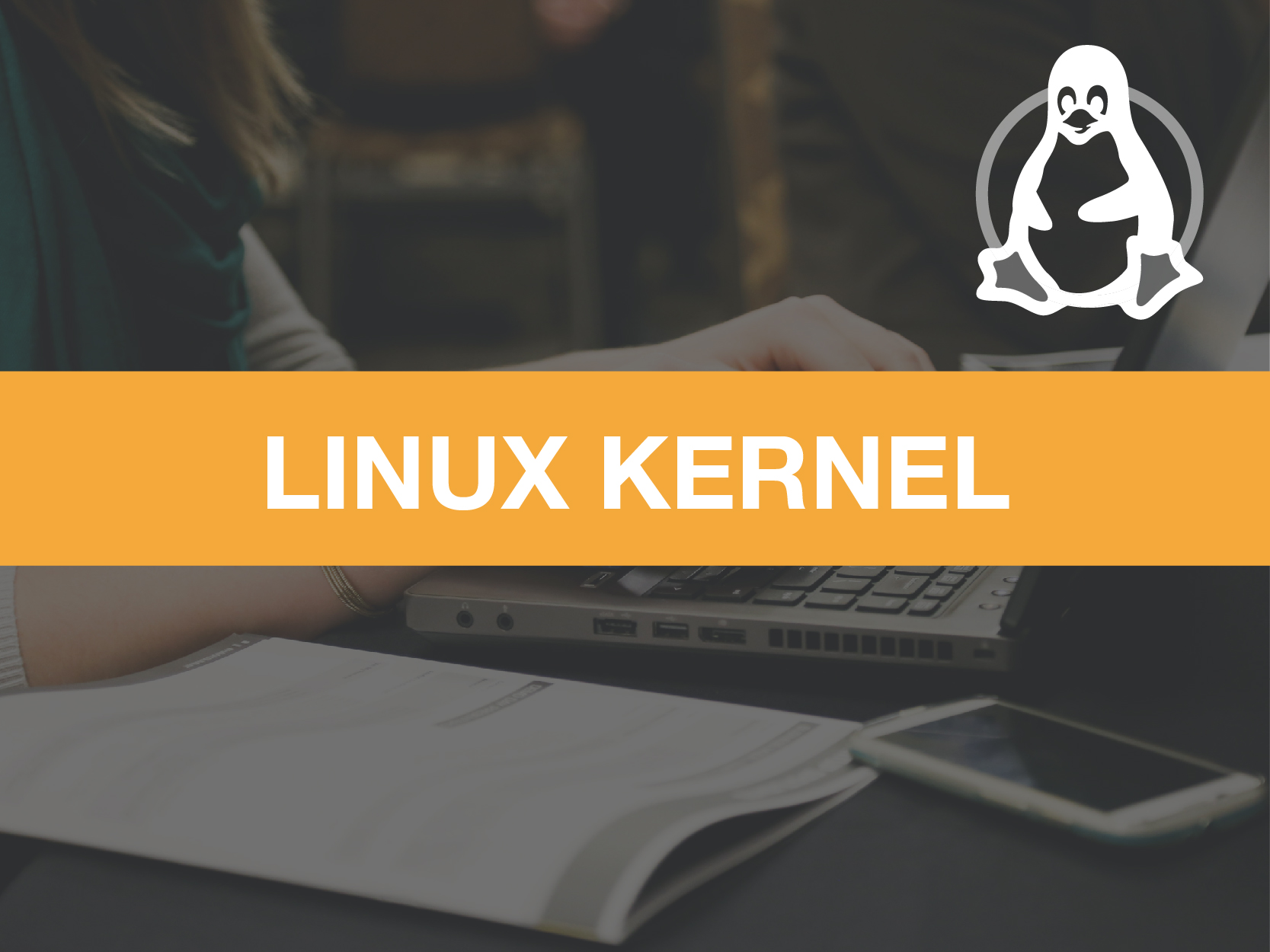Migrating From Unix to Linux
Technology leaders are increasingly aware that many organizations, including those with some of the most demanding workloads, have made the switch to Linux due to its flexibility, reliability and lower costs. The New York Stock Exchange, Google, Amazon.com and Facebook are just a few examples of companies that have successfully moved from UNIX to Linux across their organizations.
While Linux is considered “UNIX-like” and it is generally accepted that IT professionals well-versed in UNIX can leverage their skills with Linux, organizations moving to Linux often have questions on how implementation strategies differ between the two environments. One common question for many making the switch is the difference in scale. How do organizations deal with commodity hardware vs. big iron? How are systems managed as their numbers increase by orders of magnitude?
This free Linux training webinar is designed to provide you with insights on best practices when moving to a Linux environment. We’ll demonstrate how high availability is provided in software vs. hardware and will also examine solutions for automated deployment and software life-cycle management and how you can leverage cloud computing tools.
You’ll learn best practices, tools and concepts for moving to commodity hardware with Linux, including:
- Examining the available software projects for Linux
- Automated provisioning for large scale out deployments
- System life-cycle management best practices
- Working with Linux vendors and the Linux community to support mission critical applications


About the Speaker
Joe Royall has 18 years experience with Linux and Unix systems engineering, product development and organizational leadership. Early in his career, he worked as a senior system administrator and manager at AT&T and Lucent. Joe has provided consulting for Fortune 500 in Unix to Linux migrations, automated deployment, provisioning, identity management and high availability. As a Linux instructor, Joe has taught cloud, storage, clustering, provisioning, Linux administration and performance tuning for the Linux Foundation, Cloudera, Red Hat and others.

